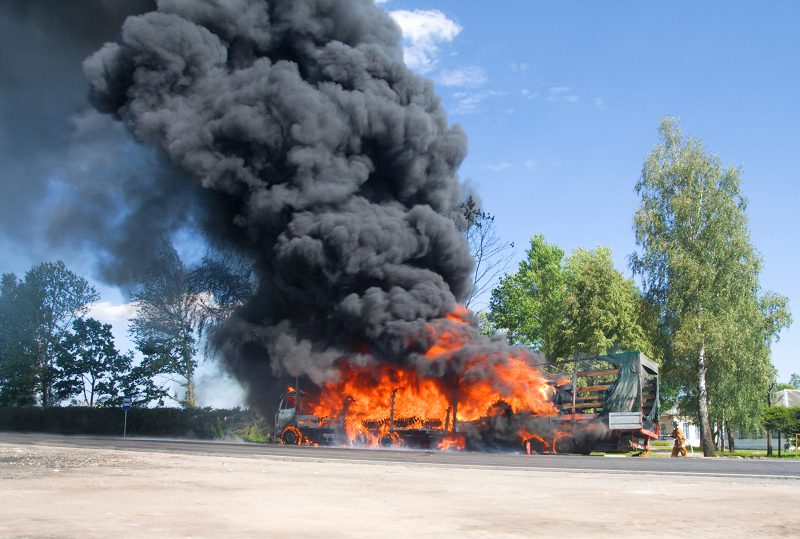Crisis planning is a ‘now’ thing
The Malaysian Airlines disaster is another reminder of the need for sound crisis management planning.
The communities’ ‘need to know’ always puts to the test the effectiveness of a company’s crisis plan, its construction and its people, in managing their roles and responsibilities.
Closer to home, the Morwell coal fire is another example of the importance of crisis plans in addressing the ‘need to know’ element.
The big question with both of these is when a crisis hits, is responding quickly always the best move?
In any crisis plan, the operational and logistical aspects are generally well understood and implemented without too many issues. However, the communication aspects always encounter problems.
This is understandable because all too often the ‘need to know’ cannot be easily provided to the full extent and urgency of the media and the community. There are often just too many variables to be covered off, counter checked and reviewed before they get into the public’s hands.
Therefore, jumping too early into the public arena with information addressing the ‘need to know’ can be fraught with problems. Unfortunately, leaving it too late lets the media, and to a lesser extent the community, fill the information gap with a stream of endless speculation and commentary that further confuses the real situation.
This is not to say that companies should avoid telling the media and the public what they know as quickly as possible. All companies and governments today seek to work to this principle if they want to maintain their reputation. It is the timing and the accuracy of the information that are the variables – and the ones that can harm reputations.
In Malaysian Airlines case, the ‘need to know’ what happened to the plane is still being urgently sought. When this is determined, there is a stream of other need to know questions to be answered.
In Morwell’s case, the community’s ‘need to know’ on the health issues was the big question. Government communication showed that it had set up a respite centre, told people to stay indoors and to seek medical help with any health issues. However, this was overtaken by the ‘need to know’ if some residents should be evacuated.
These are all legitimate questions and are an important part of the ‘forward planning’ process of any crisis plan.
The ability and capability of people working on a crisis to address possible future issues in a timely and efficient manner when still addressing the actual crisis itself are extremely important. This is not only for the reputation of an organisation, but also for the public’s perception of the organisation and its people being seen as capable managers of the crisis itself.
The two latest crises provide salient lessons for all business and government. Crisis planning must never be neglected, or left for too long without processes being tested.
RM




